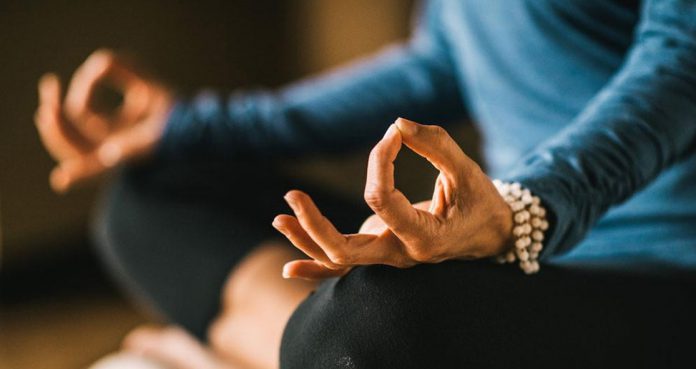Globally, the wellness industry has been doing an incredibly amazing job of convincing us that there is no other luxury than self-care.
Practicing self-care helps to improve your physical as well as mental health. Many people spend a lot of money on exotic yoga retreats, spa and green juices, which were probably the only ways to self-care. Self-care does not need to be so expensive. In fact, the best forms to self-care are the one that you can do on a daily basis.
Read on to know about those cost-effective solutions to improve your physical as well as mental health.
- Meditation
Meditation is all about paying attention to present momentary experiences and adapting to non-judgmental awareness so that you can learn to accept things as they are without getting stressed. Ohio-based Talkspace therapist Dr. Rachel O’Neill said, “Just about everyone can benefit from regular meditation practice.”
The therapist explained, “Research consistently tells us that daily meditation can have both physical and mental health benefits. For those who do experience anxiety, worry, or fear, meditation can be an especially helpful tool as they begin to learn how to adopt a more present-focused mindset.”
Ten minutes is what all you need to reap the benefits of meditation.
- A Mindful Walk
While meditation is quite beneficial, going for a mindful walk clears your head especially if you are anxious or stressed out. One study has found that a 60-minute mindful walking of eight sessions over four weeks reduces stress and improves quality of life. It is all about breathing fresh air!
Dr. O’Neill said, “ Both [seated and active meditation practices] can be meaningful and could potentially be helpful at different times. For those who are feeling the need to slow down and find space for themselves, then perhaps a more independent and seated meditation practice could be beneficial.”
She explained, “For those who would like to involve the sense of physical connection and connection with others, then activities like yoga or mindful dance might be helpful.”
- A Weekly Intention
A simple practice of setting a weekly intention can help kick-start your week on a high note. Setting an intention will help you focus on the most important things in the present moment. Rather than dwelling on the past things, set a weekly intention, such as acceptance, clarity, vitality, ease, fun, or even nourishment. Setting an intention would be easy for you to remember whenever you need a little re-centering throughout the week.
- Avoid Booking Back-To-Back Meetings
It is tough to feel mindful when you push yourself hard and rush into meeting after meeting. Take a break. You need to give your body some time to relax. Mental exertion is the root cause of all problems. Schedule a 30-minute break between meetings. Take a few deep breaths before going to the next meeting. That extra time will is necessary to keep yourself at ease. Studies have revealed that taking breaks is crucial to ease your mental health and prevent burnout.
- Get quality sleep
Your body needs rest to repair and regenerate new cells. Getting adequate sleep is extremely important, especially if you are mentally exhausted. Make sure you get rid of things that can distract your sleep, for instance, electronics or smartphones. Studies have found that using electronics before going to bed can affect the quality of sleep. Experts advising getting at least eight to nine hours of quality sleep.
Dr. O’Neill said, “Self-care doesn’t have to be a detailed or long process. 1-2 minutes of mindful breathing, a quick gratitude practice (for example, listing 3 things you’re grateful for each day), or giving yourself a defined bedtime ritual can be a great place to start.”
She explained, “It can also be helpful to explore times when you are free to engage in self-care. For example, instead of beginning your day by scrolling your social media feeds, start with a daily affirmation and breathing exercise.” You need to simply be in present; the best form of self-care. And luckily, it is absolutely free!























